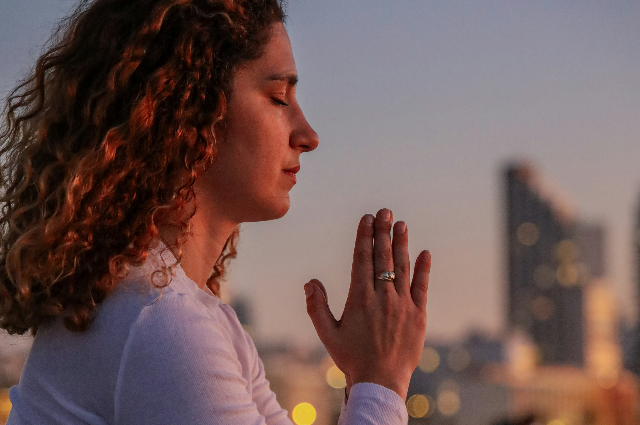
Hinduism, one of the world's oldest and most complex religions, has a rich tradition of mythology, symbolism, and beliefs surrounding the sacred feminine. While Hinduism reveres numerous goddesses and female deities, the relationship between Hinduism and the oppressed sacred feminine is a subject of significant historical and contemporary discussion.
In Hindu mythology, goddesses such as Lakshmi, Durga, Saraswati, and Kali play vital roles as symbols of power, wisdom, creativity, and destruction. These goddesses embody different aspects of the sacred feminine, representing both nurturing and fierce energies. However, despite the presence of these powerful female deities, the reality of the oppressed sacred feminine within Hindu society cannot be overlooked.
Historically, Hindu society has not always upheld the sacred feminine in practice as it does in theory. Patriarchal norms, social hierarchies, and gender biases have led to the marginalization and oppression of women in various ways. From restrictive gender roles and practices like sati (widow burning) to issues of gender inequality in education, employment, and politics, the sacred feminine has faced challenges within Hindu culture and society.
Furthermore, interpretations of sacred texts and scriptures have sometimes been used to justify the subjugation of women and reinforce patriarchal values. This has led to debates within Hinduism about the true nature of divine femininity and the importance of recognizing and honoring the sacred feminine in all its forms.
In recent decades, there has been a growing awareness and movement within Hinduism to reclaim and empower the sacred feminine. Scholars, activists, and spiritual leaders have highlighted the need to reinterpret scriptures, challenge traditional gender norms, and advocate for gender equality within religious practices and institutions.
Efforts to revere the sacred feminine in Hinduism have included initiatives to promote the worship of goddesses, celebrate women's contributions to society, and advocate for women's rights and empowerment. These movements seek to restore balance and harmony by recognizing the inherent divinity of women and challenging the oppression and marginalization they have faced.
While the relationship between Hinduism and the oppressed sacred feminine remains a complex and multifaceted issue, there is a growing recognition of the need to address historical injustices and create a more inclusive and equitable religious and social landscape for all individuals, regardless of gender. Reclaiming the sacred feminine within Hinduism is not only a matter of justice and equality but also a reflection of the core values of the religion, which emphasize love, compassion, and the interconnectedness of all beings.
